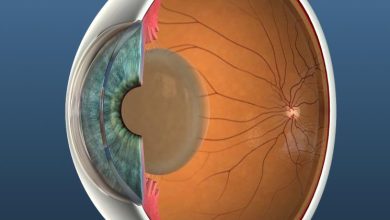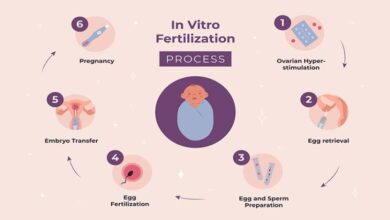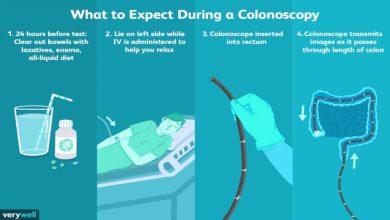Exploring Niche Opportunities in Medical Assistant Programs at Trade Schools

In today’s dynamic healthcare landscape, the demand for skilled medical assistants is on the rise. Trade schools play a pivotal role in meeting this demand by offering comprehensive medical assistant programs tailored to the evolving needs of the industry. While the core curriculum of such programs remains consistent, there are niche opportunities for trade schools to differentiate themselves and provide specialized training that aligns with specific healthcare sectors and emerging trends.
5Niche Opportunities in Medical Assistant Programs at Trade Schools
Specialized Training for Geriatric Care:
As the population continues to age, there is a growing demand for healthcare professionals with expertise in geriatric care. Trade schools can seize this opportunity by offering medical assistant programs that focus on specialized training for serving elderly patients. This niche curriculum may include coursework on age-related conditions, end-of-life care, and communication skills tailored to the needs of older adults. Graduates of such programs would be well-equipped to work in nursing homes, retirement communities, or home healthcare settings, where they can make a meaningful difference in the lives of seniors.
Technology Integration in Healthcare:
With the increasing adoption of digital health technologies, there is a need for medical assistants who are proficient in electronic health records (EHR) systems, telemedicine platforms, and other technological tools used in healthcare delivery. Trade school can capitalize on this trend by incorporating technology integration into their medical assistant programs. Students would receive training on navigating EHR systems, conducting virtual patient consultations, and leveraging technology to enhance efficiency and patient care.
Community Health Outreach:
Healthcare disparities persist in many communities, underscoring the importance of outreach and education initiatives aimed at improving access to care. Trade schools can develop medical assistant programs with a focus on community health outreach, equipping students with the skills and knowledge needed to serve underserved populations. This niche curriculum may encompass coursework on cultural competency, public health initiatives, and strategies for engaging with diverse communities. Graduates would be prepared to work in community health centers, clinics, or outreach programs, addressing the healthcare needs of vulnerable populations.
Clinical Research Support:
Clinical research plays a crucial role in advancing medical knowledge and improving patient outcomes. Trade schools can cater to the growing demand for medical assistants in clinical research settings by offering specialized training in this area. The curriculum may cover topics such as data collection methods, patient monitoring techniques, and protocol adherence. Graduates of such programs would be qualified to support clinical trials, research studies, and academic medical centers, contributing to the advancement of medical science.
Integrative Medicine Approach:
There is a rising interest in integrative medicine, which combines conventional medical practices with complementary and alternative therapies to promote holistic health and wellness. Trade schools can tap into this trend by offering medical assistant programs that embrace an integrative medicine approach. This niche curriculum may include coursework on herbal remedies, acupuncture, mindfulness techniques, and nutrition counseling. Graduates would be prepared to work in integrative medicine clinics, wellness centers, or holistic healthcare practices, catering to individuals seeking comprehensive and personalized care.





